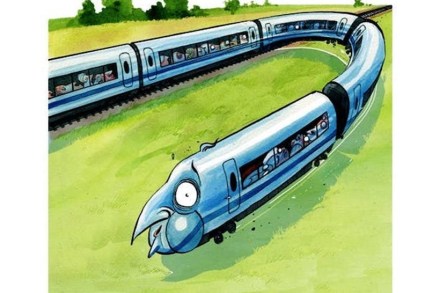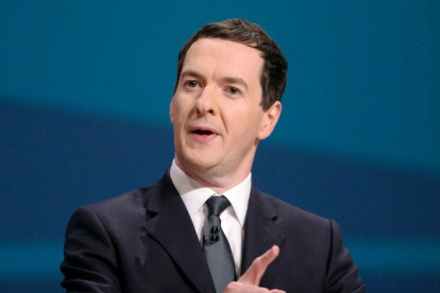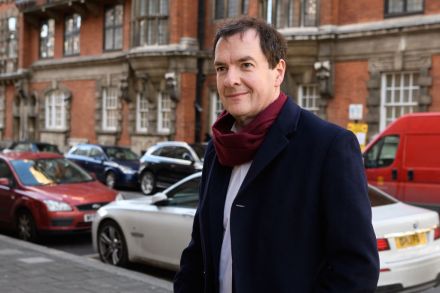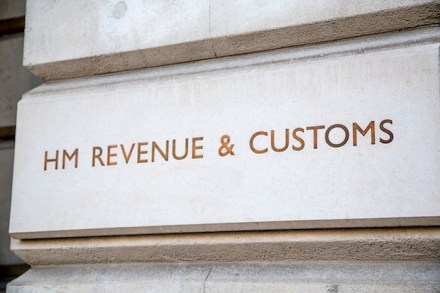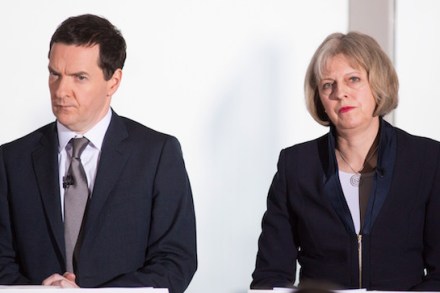Is George Osborne to blame for HS2’s ballooning price tag?
The politics of HS2 are difficult for Boris Johnson, especially since so many Tory MPs hate the £100 billion-plus cost, the destruction of ancient pasture and woodland and the perceived harm to their rural constituents. But the bigger political consideration for Boris ‘another-blue-brick-in-the-red-wall’ Johnson is the perception of whether today’s modified version of HS2 is seen as an upgrading or downgrading of the portion north of Birmingham. His colleagues insist the new plan will be central to his promises to transform both the infrastructure and the prospects of the North. They claim what will happen is that HS2 to Manchester and Leeds – what is known as HS2b – will
